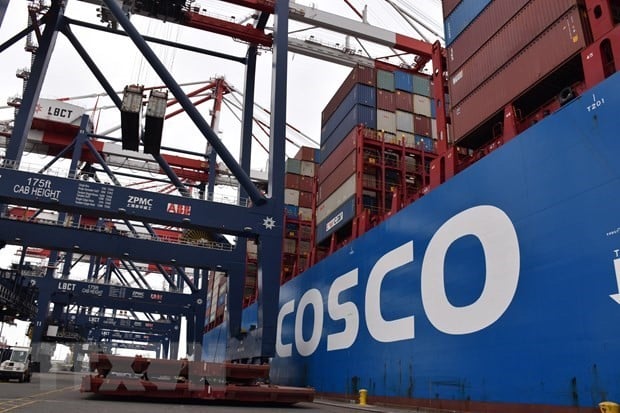 |
| Container ship carrying Chinese goods anchored at Long Beach port in California, USA. (Source: THX/TTXVN) |
On May 27, in an interview with the press after the ministerial meeting of the countries participating in the Indo- Pacific Economic Framework (IPEF) negotiations in Detroit (USA), Deputy US Trade Representative (USTR) Sarah Bianchi said that the US government will base its decision on specific analysis on whether to maintain tariffs on Chinese goods or not. The consideration process is not based on the results of any "breakthrough" in US-China trade relations.
Ms. Bianchi said that the administration of US President Joe Biden does not think there will be a breakthrough but will continue to dialogue with China at many different levels.
USTR continues to review industry and stakeholder consultations on tariff measures. Commerce, Treasury , and other government agencies will determine which items are strategic and evaluate the issue from an economic perspective. Ms. Bianchi oversees Asian countries within USTR.
In 2018 and 2019, the Washington administration under President Donald Trump imposed tariffs on thousands of imported goods from China, with a total value at that time of about 370 billion USD, accusing China of violating intellectual property rights and technology transfer.
Tariffs range from 7.5% on many consumer goods to 25% on vehicles, industrial parts, semiconductors and some other electronics. Key exempted categories include smartphones, laptops and video game consoles.
The tariff measures are imposed under Section 301 of the US Trade Act of 1974. Under this provision, the measures must be reassessed after four years from the date of their imposition.
The process began in May 2022 with the first notification steps. Ms. Bianchi declined to say whether the review process was complete, but said the appropriate time frame was the end of 2023.
In addition, the temporary exemption from tariffs on 352 imported items from China, which was extended by the USTR until the end of 2022 (an additional 9 months), is also about to expire on September 30. Some US trade experts believe that this could also be the time when the US government completes its assessment of tariff measures on Chinese goods.
Previously, on the sidelines of the Asia-Pacific Economic Cooperation (APEC) Trade Ministers' Meeting also held in Detroit (USA), Chinese Commerce Minister Wang Wentao voiced his opposition to the tariff measures applied under Article 301 as a matter of concern when meeting with US Trade Representative Katherine Tai.
Source



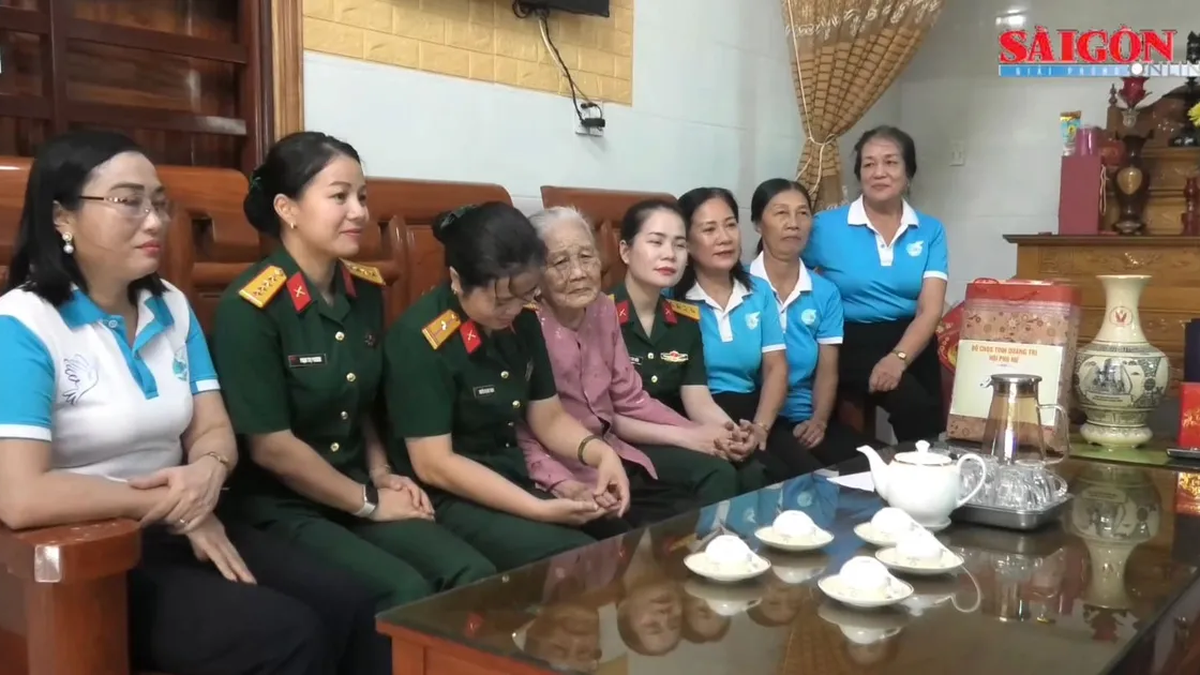
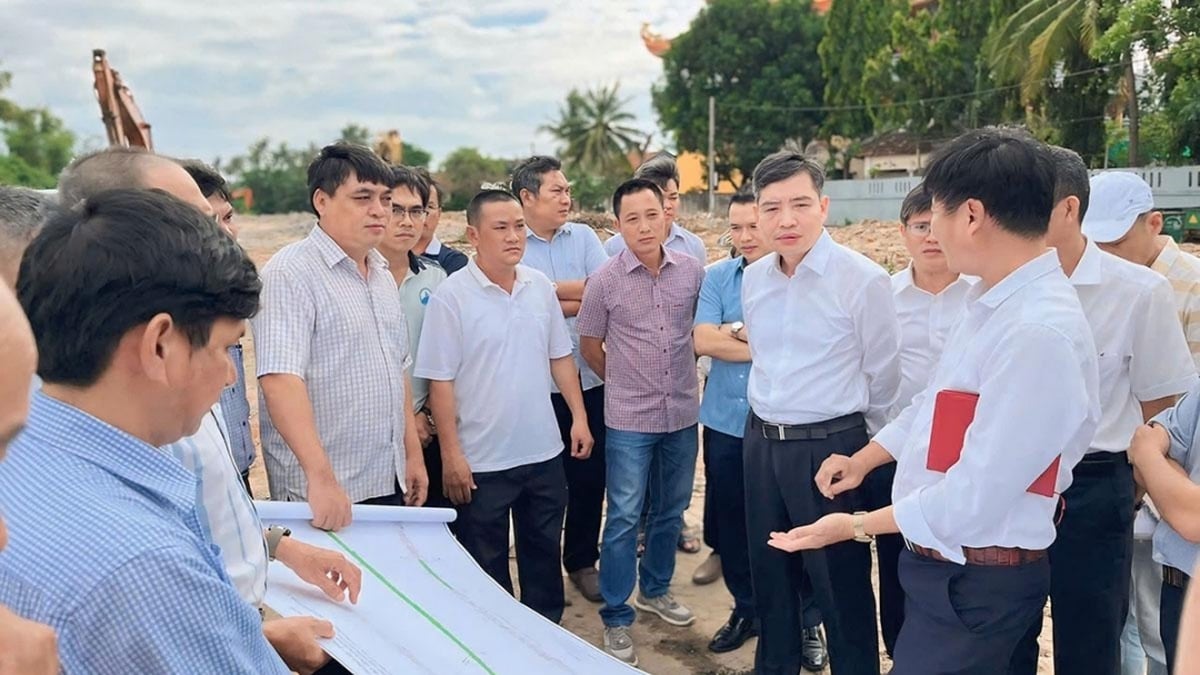
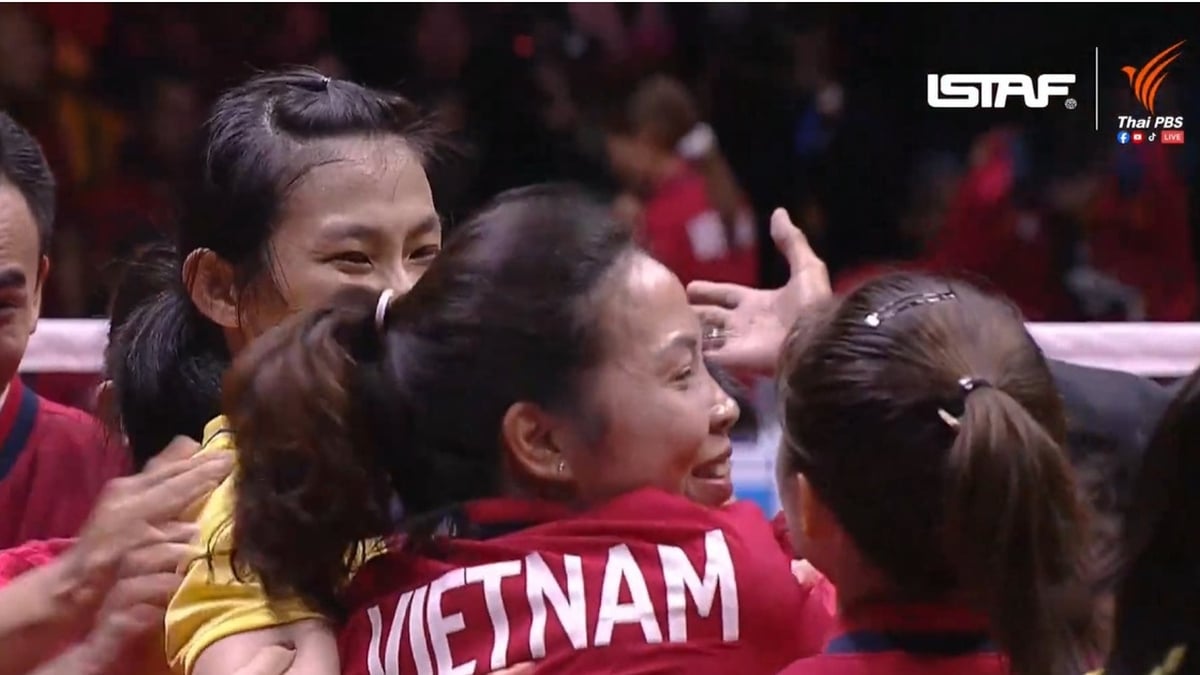



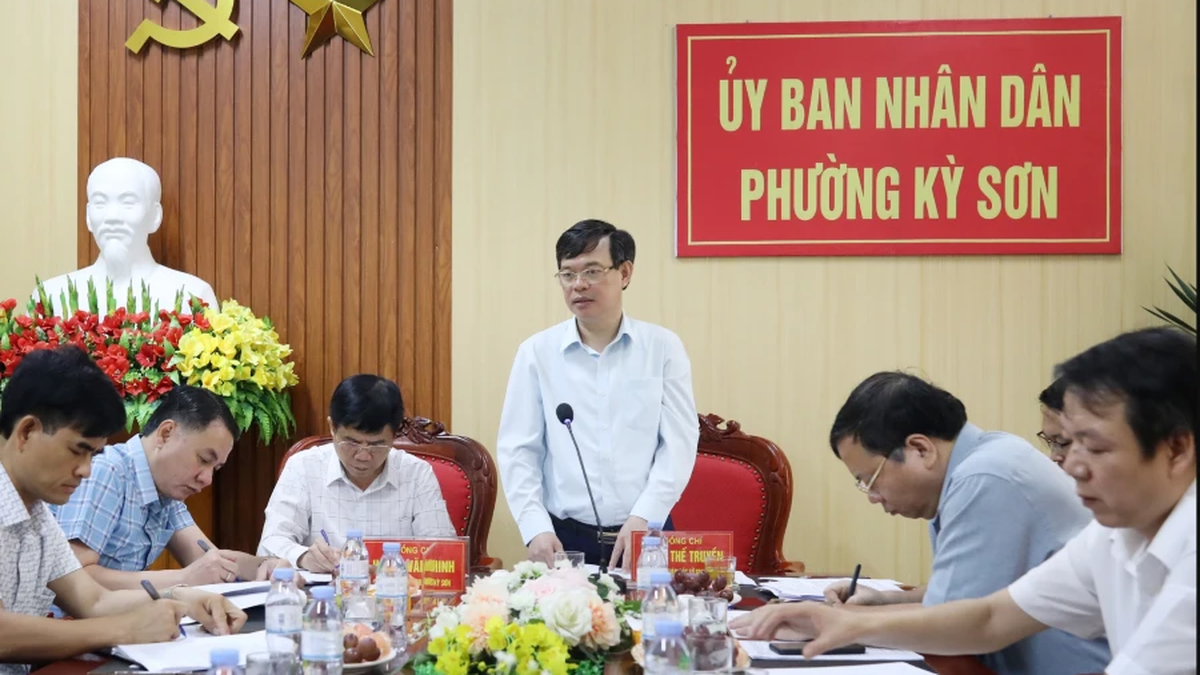
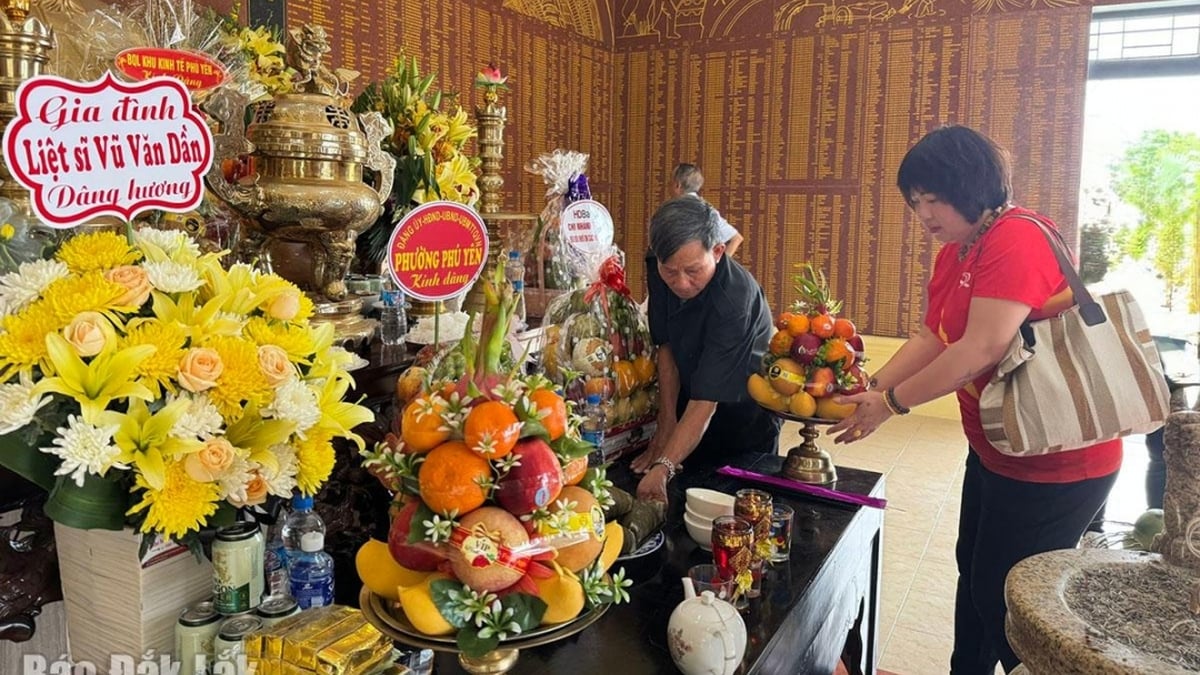
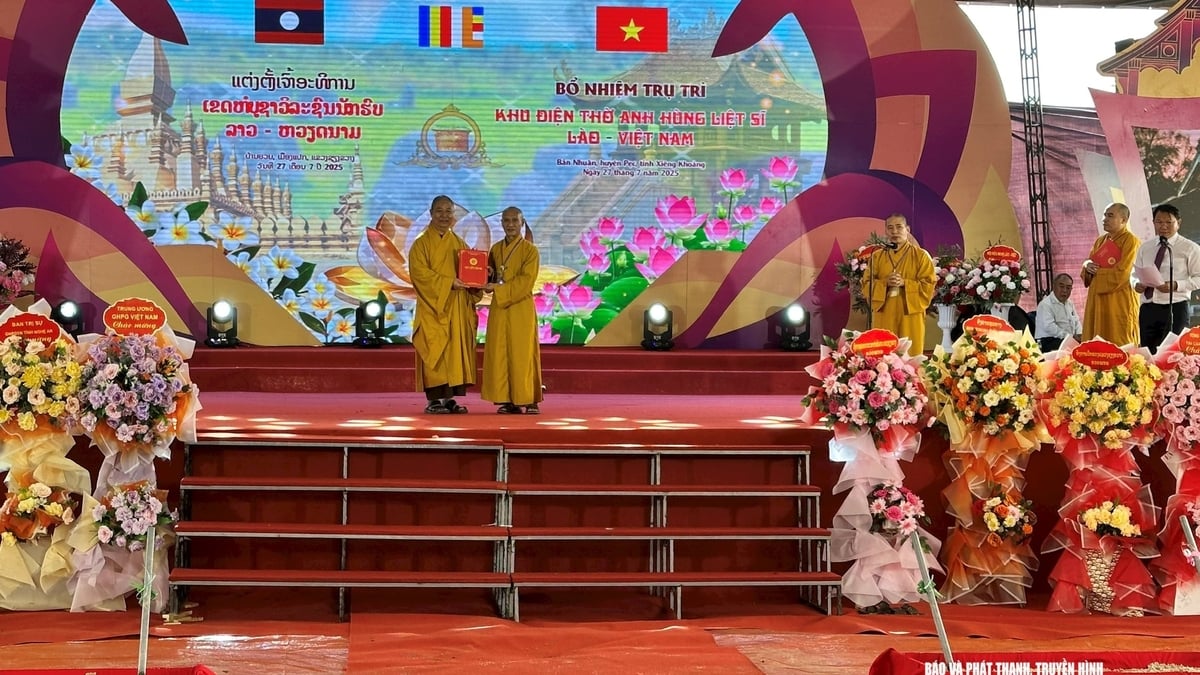



































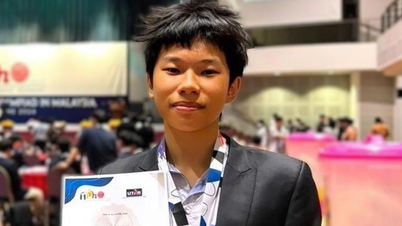


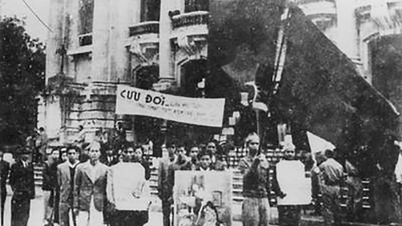
















































Comment (0)